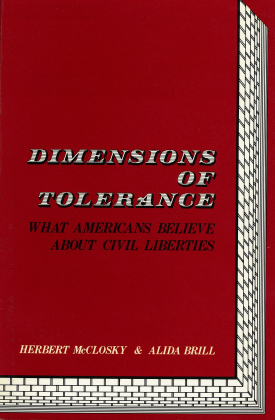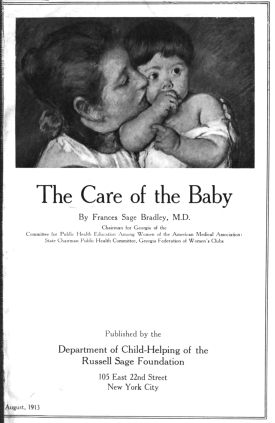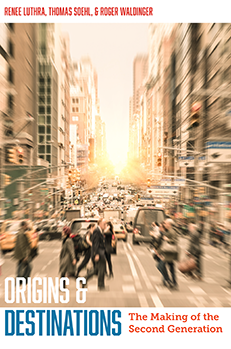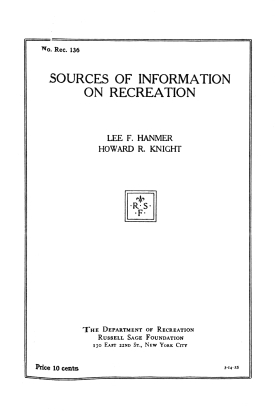“A vast second generation, more than twenty million strong, is bringing broad, deep, and perplexing transformations to American society, and the pace of change is quickening. Here now we have an essential framework for making sense of it. Building on pillars of the existing literature, the authors take our understanding of the children of immigrants into new dimensions, literally. The analysis examines variation both among national origin groups and among individuals of the same group and does that all while exploring determinants in both countries of origin and at destination. Origins and Destinations is an important step forward for migration scholarship and grounds for much scholarship to come.”
—ROBERTO SURO, professor of journalism and public policy, University of Southern California
“The authors of Origins and Destinations have done immigration scholars a great favor by providing the most comprehensive theoretical account to date of how individual processes of immigrant adaptation and integration are socially structured, not simply by contexts of reception but also by contexts of emigration, and along ideational as well as material dimensions. In so doing, it sheds new light on the remarkable diversity of outcomes exhibited by the children of immigrants in the United States today.”
—DOUGLAS MASSEY, Henry G. Bryant Professor of Sociology and Public Affairs, Woodrow Wilson School, Princeton University
The children of immigrants continue a journey begun by their parents. Born or raised in the United States, this second generation now stands over 20 million strong. In this insightful new book, immigration scholars Renee Luthra, Thomas Soehl, and Roger Waldinger provide a fresh understanding of the making of the second generation, bringing both their origins and destinations into view.
Using surveys of second generation immigrant adults in New York and Los Angeles, Origins and Destinations explains why second generation experiences differ across national origin groups and why immigrant offspring with the same national background often follow different trajectories. Intergroup disparities stem from contexts of both emigration and immigration. Origin countries differ in value orientations: immigrant parents transmit lessons learned in varying contexts of emigration to children raised in the U.S. A system of migration control sifts immigrants by legal status, generating a context of immigration that favors some groups over others. Both contexts matter: schooling is higher among immigrant children from more secular societies (South Korea) than among those from more religious countries (the Philippines). When immigrant groups enter the U.S. migration system through a welcoming door, as opposed to one that makes authorized status difficult to achieve, education propels immigrant children to better jobs.
Diversity is also evident among immigrant offspring whose parents stem from the same place. Immigrant children grow up with homeland connections, which can both hurt and harm: immigrant offspring get less schooling when a parent lives abroad, but more schooling if parents in the U.S. send money to relatives living abroad. Though all immigrants enter the U.S. as non-citizens, some instantly enjoy legal status, while others spend years in the shadows. Children born abroad but raised in the U.S. are all everyday Americans, but only some have become de jure Americans, a difference yielding across-the-board positive effects, even among those who started out in the same country.
Disentangling the sources of diversity among today’s population of immigrant offspring, Origins and Destinations provides a compelling new framework for understanding the second generation that is transforming America.
RENEE LUTHRA is senior lecturer in sociology at the University of Essex.
THOMAS SOEHL is assistant professor of sociology at McGill University and the Canada Research Chair in International Migration.
ROGER WALDINGER is Distinguished Professor of Sociology at the University of California, Los Angeles.





